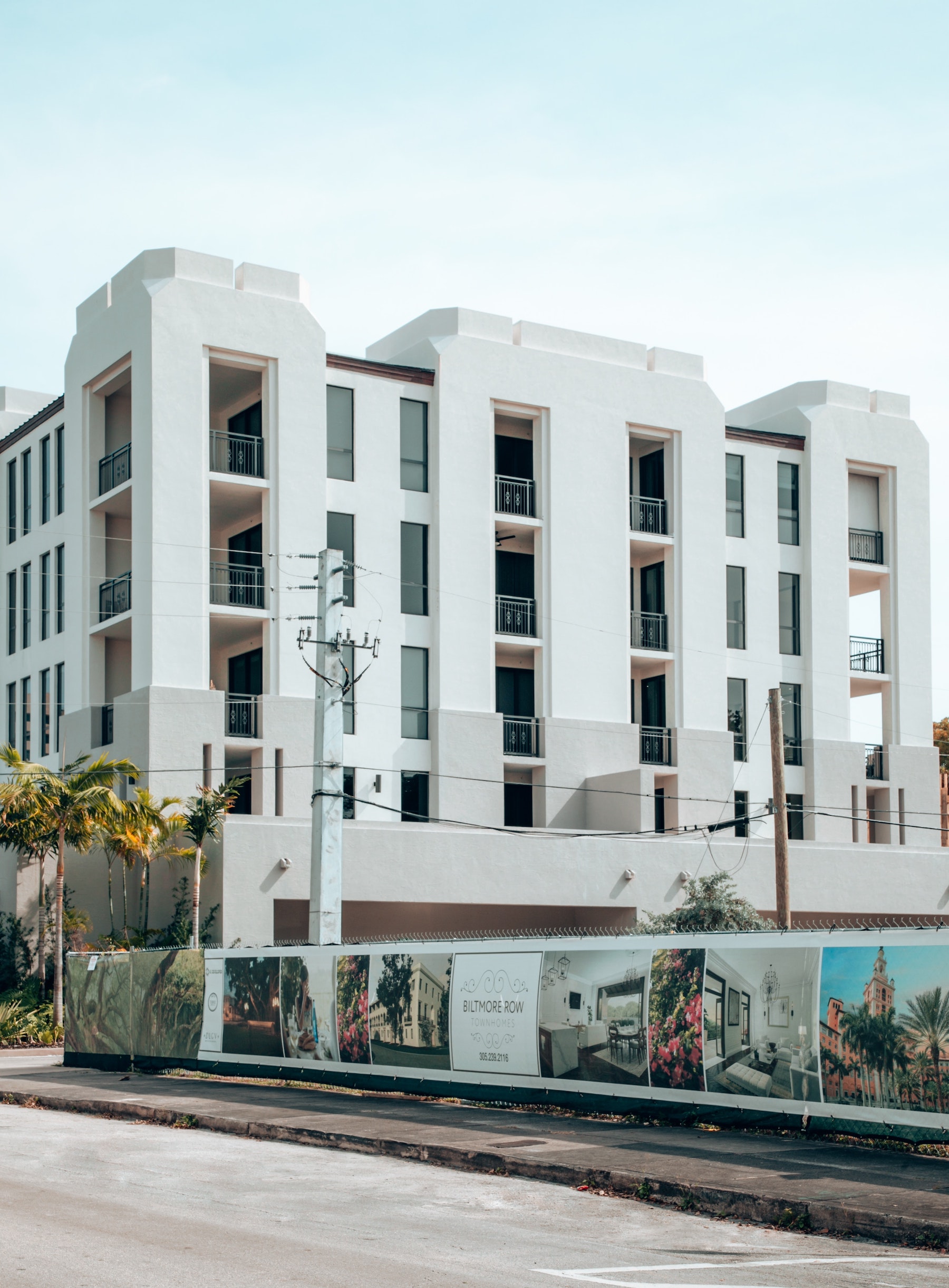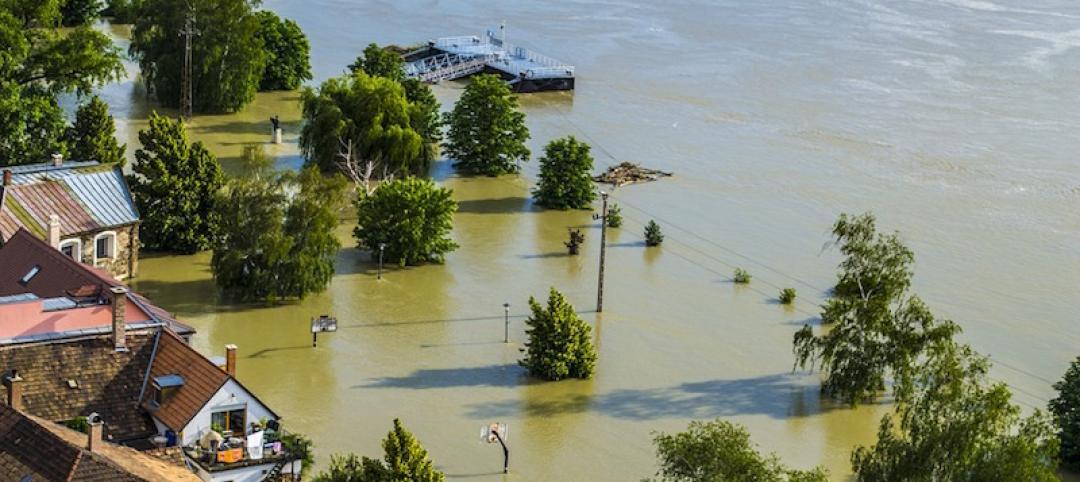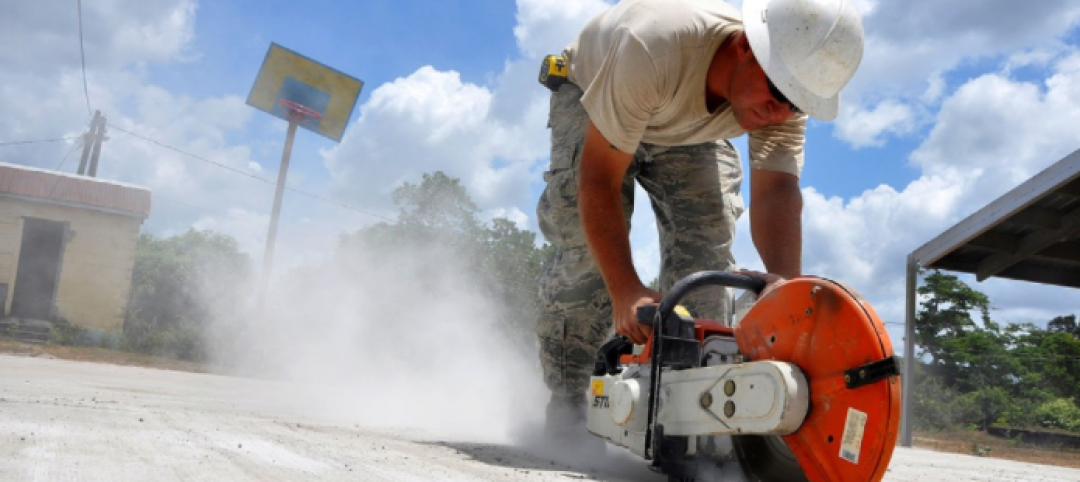A Florida law intended to prevent tragedies like the Surfside condominium collapse will place a huge financial burden on condo associations and strain architecture and engineering resources in the state.
The law requires that by the end of 2024 condominiums that are at least three stories tall and within 3 miles of the coast be inspected by a licensed engineer or architect when they are 25 years old and buildings more than 3 miles inland at 30 years old. The law will be financially burdensome for many associations, especially older ones.
Condo associations had been allowed to waive reserve funds for maintenance, but will now be required to have enough money in their reserves by 2025 to fund all repairs needed to maintain their buildings’ structural integrity. This work could easily run into the hundreds of thousands of dollars.
What’s more, thousands of condos will need to have inspections over a short period. It will be difficult, if not impossible, for architects and engineers to get to all that work done within the prescribed deadline.
The law applies to 1.5 million condos operated by nearly 28,000 associations. Some older properties in the most desirable coastal areas are expected to be targets for developers because owners will not be able to absorb the cost of capital assessments to make extensive repairs. Developers would demolish old properties and build new luxury properties on site.
Related Stories
Codes and Standards | Sep 7, 2017
More than half of Houston properties at high or moderate risk of flooding are not in FEMA flood zone
Properties outside of these zones are not required to carry flood insurance.
Codes and Standards | Sep 6, 2017
Seventy percent of contractors have trouble finding workers
AGC survey indicates that fewer companies may be able to bid on projects.
Codes and Standards | Sep 5, 2017
New CTBUH initiatives to investigate link between fire and façades
In wake of Grenfell tragedy, Council forms new workgroup.
Codes and Standards | Sep 1, 2017
U.S. markets with the largest hotel construction pipeline
New York has the largest hotel construction pipeline of any U.S. market.
Codes and Standards | Aug 30, 2017
Trump rescinds elevation requirements for federally funded buildings and infrastructure
Flood protection on subsidized housing, hospitals, and other public buildings rolled back.
Codes and Standards | Aug 30, 2017
Stormwater runoff mitigation pays off for some building owners
Rain gardens, green roofs, cisterns, and rainwater recycling add value.
Codes and Standards | Aug 28, 2017
Commercial properties address state carbon-reduction policies
EV charging stations, batteries, and microgrid technology are all part of effort to meet demand for cleaner power.
Codes and Standards | Aug 24, 2017
OSHA silica dust exposure enforcement begins Sept. 23
Vacuum dust collection, water-delivery systems, and respirators will be required.
Codes and Standards | Aug 18, 2017
Cool roofs may increase air pollution
California’s requirement for cool roofs on new non-residential buildings could promote smog.
Codes and Standards | Aug 17, 2017
Black market sales of OSHA training certifications plague New York City construction industry
Task force formed to get fake training cards off the streets and workers properly trained.

















